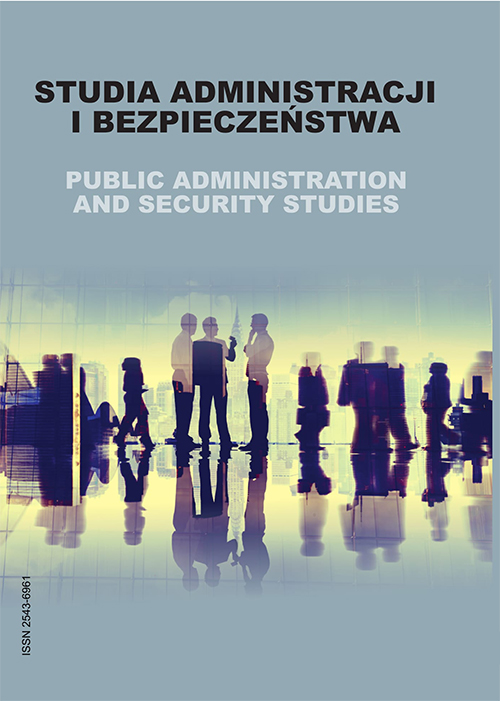Kradzież tożsamości w sieci w ujęciu normatywno-opisowym
Internet based Identity Theft in terms of normative-descriptive approach
Author(s): Krzysztof GorazdowskiSubject(s): Sociology, Philosophy of Law, Sociology of Law
Published by: Akademia im. Jakuba z Paradyża
Keywords: cyber-crime; phishing; pharming; penal code; theft; personal information; personal; human identity; offense; criminal liability
Summary/Abstract: Identity Theft covers most of unlawful, instrumental misappropriation or use the identity of a living, dead or fictitious people in order to gain financial or personal or violation of other goods protected by law. Criminal liability for identity theft speak important arguments as the right to privacy, family, home and correspondence, safety and security of legal transactions, the preventive nature of threats. Defining identity theft based on the traditional model of deception proved to be of little use, hence the applicable regulations introduced a new regulation of the offense under article 190 a paragraph 2 of the Criminal Code. In Polish law, identity theft is treated as a separate offense. The legislator foresaw the punishment to three years' imprisonment for the perpetrator who pretending to be another person, uses her image or her other personal information in order to inflict its damage to property or personal. On each of the users responsibility to protect the identity on the network, and it depends on us whether we can meet all threats. Reality will show whether the current phenomenon of criminalization of identity theft in the criminal law is sufficient, or whether further changes are needed.
Journal: Studia Administracji i Bezpieczeństwa
- Issue Year: 1/2017
- Issue No: 2
- Page Range: 89-102
- Page Count: 14
- Language: Polish

